DR.
KENNETH
LEOPOLD
DDS, MSc.
Specialist In Orofacial Pain, Oral Medicine, & Sleep Apnea
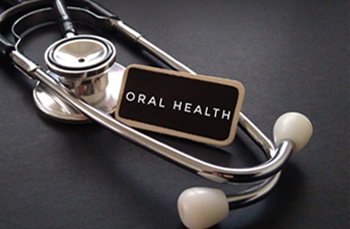
What is an Orofacial Pain & Oral Medicine Specialist?
Orofacial Pain and Oral Medicine (OFPOM) are the 17th & 12th American Dental Association recognized dental specialties. Specialists in Orofacial Pain and Oral Medicine limit their practices to disorders of TMJ, Headaches, Sleep Apnea, and oral diseases. OFPOM specialists, like Dr. Leopold, complete two to three year residencies “beyond” their 4 years of dental school and are uniquely trained to treat these advanced disorders.
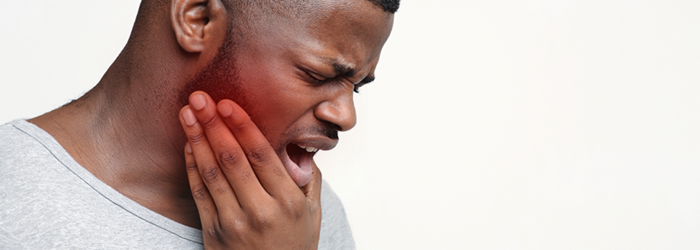
TMJ or “Temporomandibular Joint Disorder” is a broad term to characterized pain in one or both jaw joints. Symptoms of TMJ include “popping or clicking”, grinding noises, ear pain, ringing in the ears, and chewing pain. Causes of TMJ include arthritis, injury, degeneration of the joint, and auto immune diseases.


MIGRAINE
Migraine Headaches are debilitating headaches that cause severe pulsing pain and throbbing – usually on one side of the head. Commonly, symptoms include nausea, sensitivity to light and sounds. Orofacial Pain Specialists are uniquely trained to treat acute and chronic forms of migraine headaches.

MIGRAINE
CLUSTER
Cluster Headaches are said to be “the most painful” of all headaches. The pain is a severe, one-sided headache that feels like it is right behind the eye. Cluster headaches typically last from 15 minutes to 3 hours and occur in “clusters”. Symptoms including tearing, “drooping” of the eyelid and runny or stuffed up nose.


CLUSTER

TENSION

TENSION
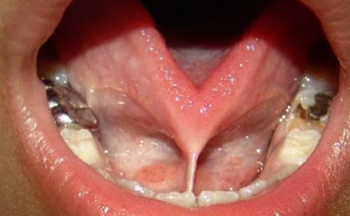
Obstructive Sleep Apnea (OSA) is a potentially life threatening sleep disorder that is characterized by intermittent episodes of interrupted breathing while you sleep. When these apnea events occur, the result is fragmented sleep and low blood oxygen levels. If left untreated sleep apnea can lead to heart attacks, strokes and many other metabolic problems.
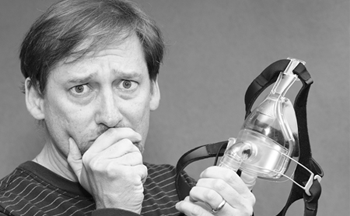
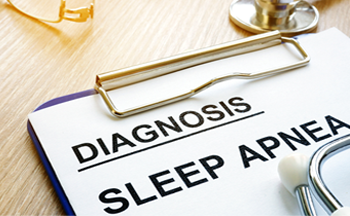
(Neuropathic Pain & Trigeminal Neuralgia)
NEUROPATHIC PAIN
TRIGEMINAL NEURALGIA

Obstructive Sleep Apnea (OSA) is a potentially life threatening sleep disorder that is characterized by intermittent episodes of interrupted breathing while you sleep. When these apnea events occur, the result is fragmented sleep and low blood oxygen levels. If left untreated sleep apnea can lead to heart attacks, strokes and many other metabolic problems.


What is an Orofacial Pain & Oral Medicine Specialist?
Orofacial Pain and Oral Medicine (OFPOM) are the 17th & 12th American Dental Association recognized dental specialties. Specialists in Orofacial Pain and Oral Medicine limit their practices to disorders of TMJ, Headaches, Sleep Apnea, and oral diseases. OFPOM specialists, like Dr. Leopold, complete two to three year residencies “beyond” their 4 years of dental school and are uniquely trained to treat these advanced disorders.
What is an Orofacial Pain & Oral Medicine Specialist?
Orofacial Pain and Oral Medicine (OFPOM) are the 17th & 12th American Dental Association recognized dental specialties. Specialists in Orofacial Pain and Oral Medicine limit their practices to disorders of TMJ, Headaches, Sleep Apnea, and oral diseases. OFPOM specialists, like Dr. Leopold, complete two to three year residencies “beyond” their 4 years of dental school and are uniquely trained to treat these advanced disorders.
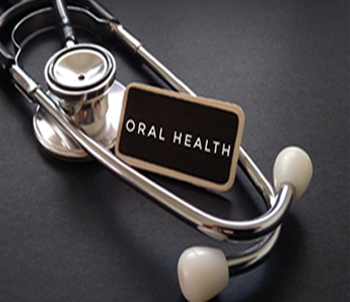
Telemedicine & Emergency Health Calls
If you would like to schedule a teleconsult appointment or emergency health call visit, click the link below.
